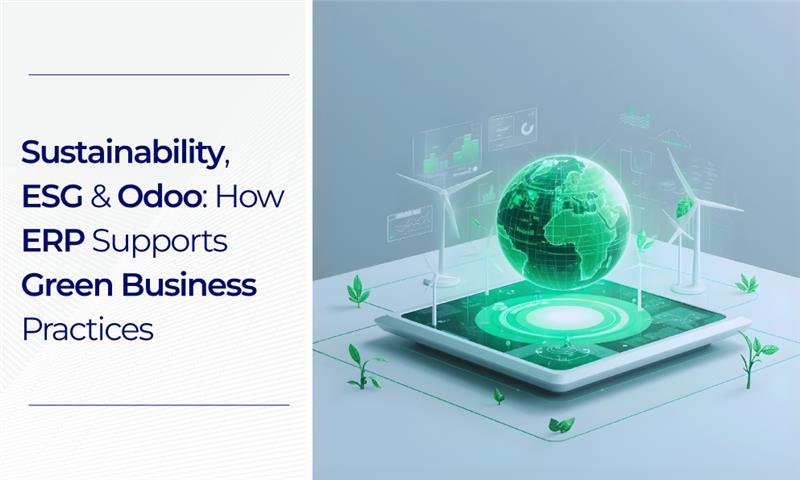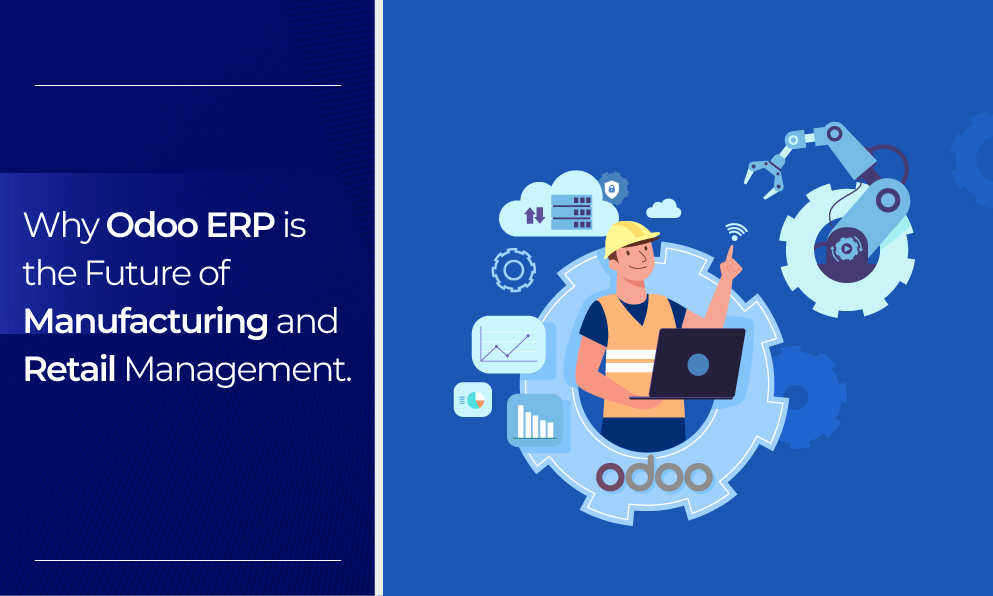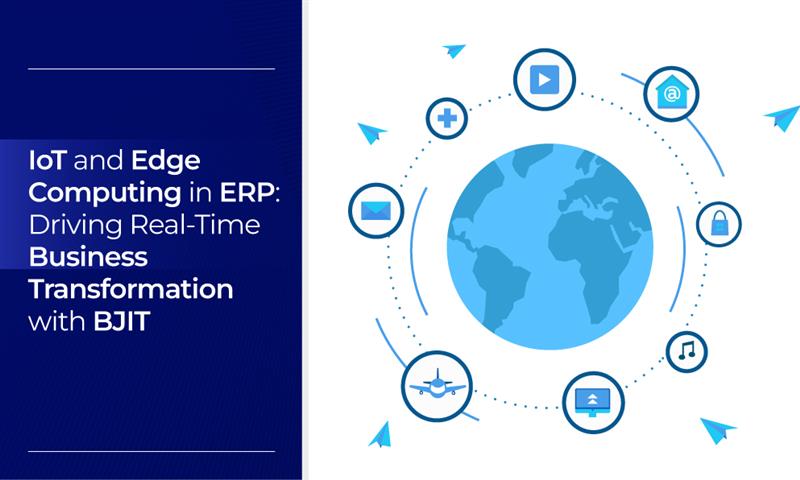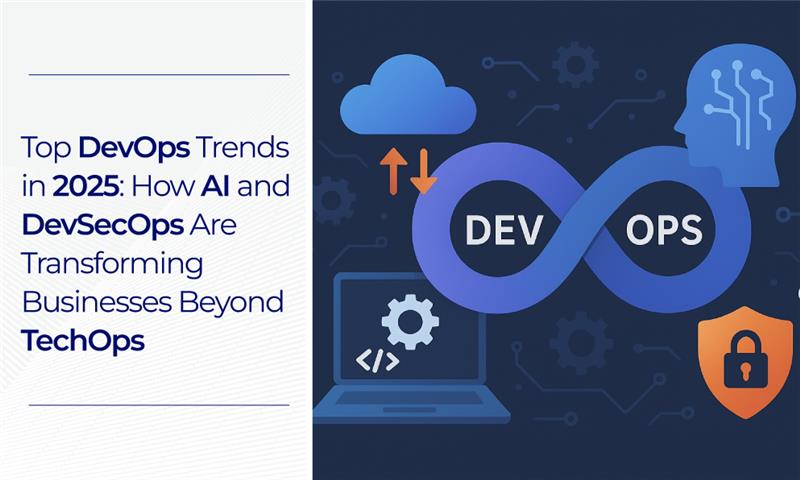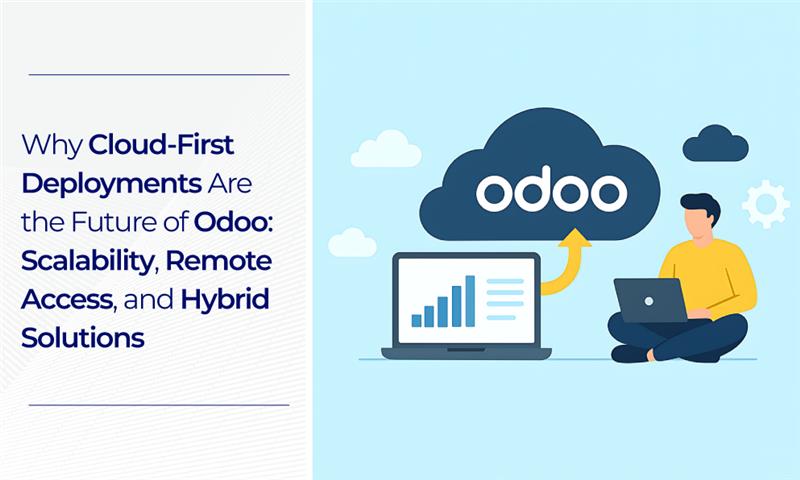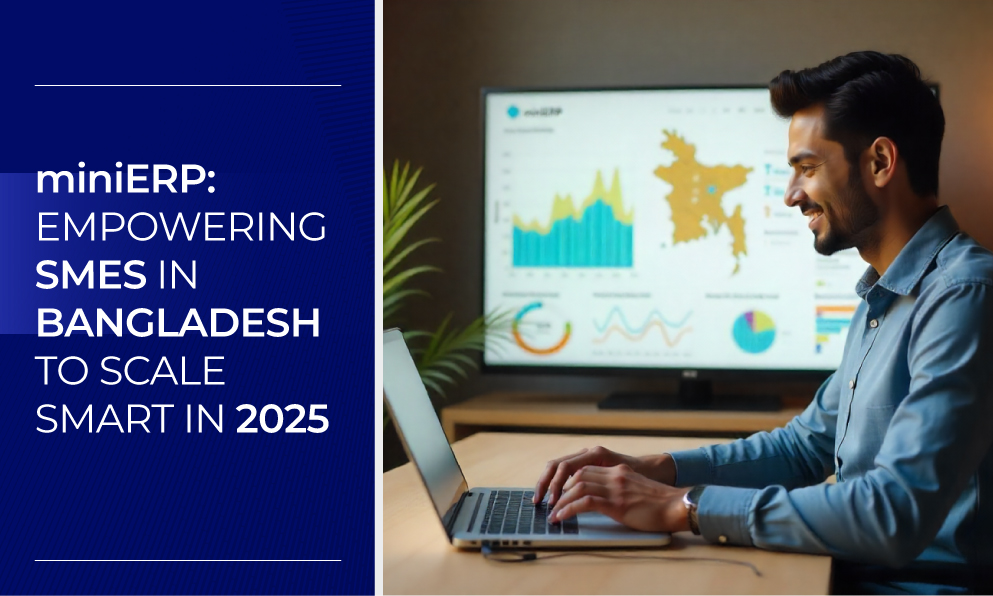Introduction: When Technology Becomes the Engine of Sustainability
In today’s global business landscape, sustainability has evolved from a voluntary initiative to a core operational strategy. Environmental, Social, and Governance (ESG) performance now defines brand reputation, investor confidence, and regulatory compliance.
Companies need real-time visibility into their resource usage, waste management, and ethical supply chains — and that’s where technology steps in. Odoo ERP, a comprehensive open-source platform, allows organizations to manage every business function while embedding sustainability and ESG reporting capabilities directly into daily workflows.
BJIT, a global IT powerhouse and official Odoo implementation partner, helps enterprises transform their operations with sustainable ERP solutions. By combining Odoo’s flexibility with BJIT’s expertise in system integration and analytics, businesses can achieve eco-efficiency, transparency, and compliance at scale.
Understanding ESG and Its Business Impact
ESG frameworks measure a company’s commitment to sustainable and ethical practices. Businesses are now expected to report their environmental footprint, promote social equity, and govern transparently.
The ESG Pillars at a Glance
Global ESG Adoption Growth
Source: PwC (2024), “Global ESG Outlook Report”
Nearly 80% of global corporations now implement formal ESG reporting mechanisms — a figure expected to exceed 90% by 2026. This rise reflects how ESG is shaping competitive advantage, particularly for companies integrating sustainability with digital transformation.
The Rise of Sustainable ERP Systems
Traditional ERP systems were built for operational efficiency. Modern ERPs, however, are designed for responsible efficiency — optimizing not only financial outcomes but also environmental and social impact.
Key Drivers Behind “Green ERP” Adoption
Open-source platforms like Odoo lead this transformation, allowing organizations to customize sustainability metrics, integrate IoT devices, and automate ESG dashboards — all without the rigidity of legacy systems.
Odoo’s Role in Sustainability and ESG Compliance
1. Centralized ESG Data
Odoo consolidates business data from sales, manufacturing, accounting, and HR, creating a single source of truth for sustainability metrics. This simplifies ESG reporting and ensures traceable, auditable data.
2. Supply Chain Visibility
Odoo’s Inventory and Purchase modules let businesses:
- Evaluate supplier sustainability certifications
- Track logistics-related CO₂ emissions
- Optimize procurement to favor local or green vendors
3. Resource Optimization
By integrating Odoo’s Maintenance and Manufacturing modules, companies can:
- Prevent overproduction and reduce waste
- Automate maintenance schedules to minimize downtime
- Monitor energy usage per production cycle
4. Digital-First Compliance
Paperless invoicing, electronic signatures, and digital record-keeping built into Odoo reduce paper waste while improving audit readiness — a win-win for compliance and the environment.
Odoo’s ESG Reporting Capabilities
Odoo’s customizable dashboards allow companies to design ESG reports aligned with frameworks like GRI, SASB, and TCFD. Using Odoo Studio, enterprises can configure fields and automate KPI tracking.
Example: Odoo-Based ESG Dashboard
Real-World ROI from ESG Reporting Automation
Result: Organizations using Odoo for automated ESG tracking see up to 58% reduction in manual reporting workload within four years.
Industry Use Cases: Odoo for Green Businesses
Manufacturing: Resource Efficiency at Scale
Odoo Manufacturing enables real-time energy tracking and predictive maintenance. Companies can forecast energy spikes and optimize production schedules, reducing emissions by up to 15% annually.
Retail & eCommerce: Sustainable Supply Chain
Retailers leverage Odoo’s Inventory and Purchase modules to:
- Identify suppliers with low-carbon logistics
- Reduce overstock and waste
- Transition to digital receipts and paperless billing
Services & IT: Digital Sustainability
Odoo Project and HR modules promote sustainability through:
- Remote work management (reducing commuting emissions)
- Employee well-being tracking
- Transparent workflow documentation
Agriculture & Food: Sustainable Traceability
By linking Odoo with IoT devices, agricultural producers track:
- Water consumption per crop
- Fertilizer impact
- Waste recycling rates
Why Businesses Choose Odoo for ESG Goals
Statistic: A 2024 Deloitte survey found that 61% of companies using open-source ERP systems like Odoo achieve higher ESG compliance rates compared to those using legacy ERP solutions.
BJIT’s Expertise in Sustainable Odoo Implementations
As a global leader in Odoo implementation, BJIT has worked with enterprises across Europe, Japan, and North America to integrate sustainability tracking into their ERP systems.
1. Custom ESG Modules
BJIT develops proprietary Odoo add-ons for:
- Carbon footprint monitoring
- Green supplier scoring
- Waste reduction analytics
- Employee diversity dashboards
2. End-to-End Sustainable ERP Deployment
From planning to post-launch support, BJIT ensures every Odoo installation aligns with UN Sustainable Development Goals (SDGs) and global ESG reporting standards.
3. Integration with IoT & AI Analytics
BJIT’s integration of Odoo + IoT enables live tracking of environmental KPIs. AI-driven dashboards predict potential ESG compliance risks before they occur.
Case Study Snapshot
Integrating Odoo with Other Sustainability Tools
BJIT’s Odoo team integrates sustainability ecosystems across multiple platforms:
- IoT Sensors: Automated data from machines, lighting, and logistics flows directly into Odoo.
- BI Tools: Integration with Power BI or Tableau allows executives to visualize sustainability ROI.
- Carbon Accounting Software: Odoo connects with third-party APIs for real-time emission reporting.
- Multi-Cloud Deployment: Odoo hosted on sustainable cloud providers (like AWS Green or Azure Eco) minimizes data center energy consumption.
The Future: AI, ESG, and Predictive Sustainability in Odoo
Artificial Intelligence is redefining how ESG data is processed, analyzed, and acted upon. Within the Odoo ecosystem, AI can identify inefficiencies and predict sustainability outcomes.
Predictive ESG Capabilities
- Energy Forecasting: Predicts when production lines will exceed carbon thresholds.
- Anomaly Detection: AI flags unusual waste patterns or compliance risks.
- Employee Sentiment Analysis: Machine learning evaluates employee engagement metrics for the “Social” pillar.
Through AI-driven customization, BJIT transforms Odoo from a traditional ERP into a “Sustainability Intelligence Hub.”
Conclusion: Building a Greener Future with BJIT and Odoo
The shift toward sustainability isn’t just an environmental commitment — it’s a strategic business transformation. As organizations seek to balance profitability with responsibility, the synergy of Odoo ERP and BJIT’s implementation expertise provides the perfect foundation for achieving measurable ESG success.
Odoo’s open-source flexibility, combined with BJIT’s global integration capabilities, enables enterprises to:
- Track sustainability KPIs in real time
- Reduce resource waste and emissions
- Simplify ESG audits and reporting
- Demonstrate transparency to investors and customers
With BJIT, businesses can turn sustainability into a data-driven competitive advantage. Whether it’s building a carbon-tracking dashboard, integrating IoT data, or deploying AI-powered ESG analytics, BJIT empowers organizations to lead the digital sustainability era confidently.
